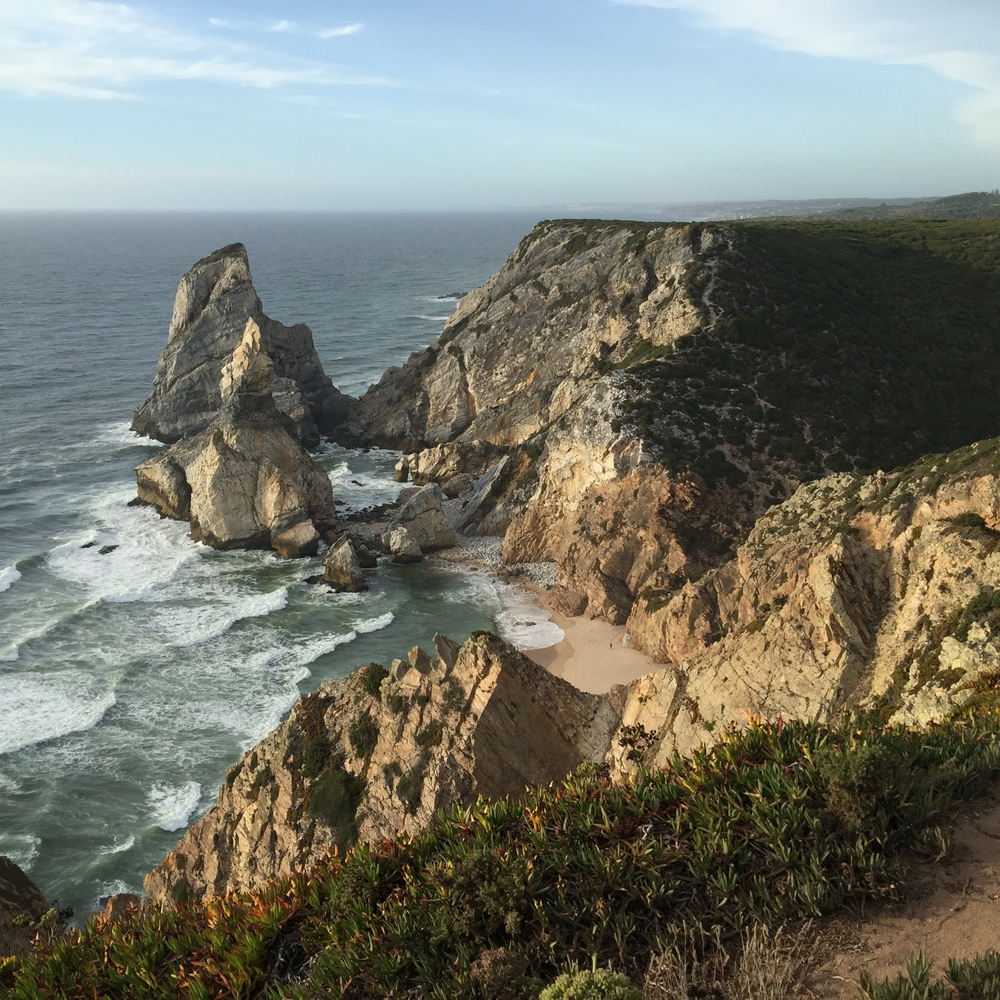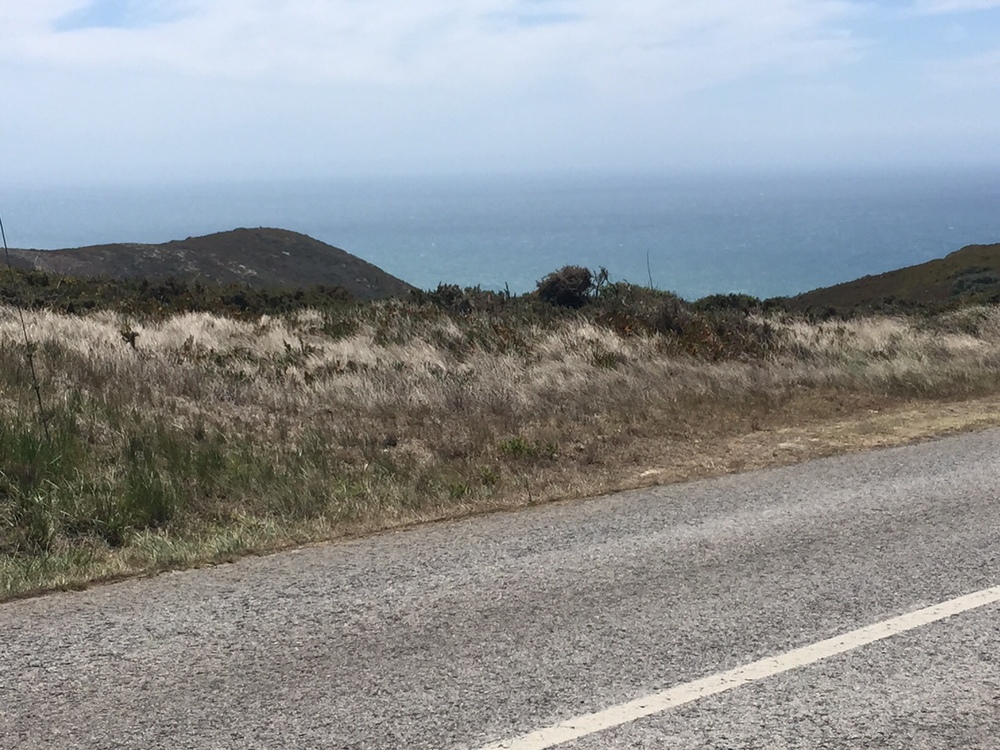
Walking Portugal is helping me orient to two next projects. First, the first-next priority project. And second, a new researcher-practitioner collaboration tool that I’m seeking collaborators on.
Too Big to Surveil: Next Book Is Next
First, an announcement of my next priority project. I want to do four things in the next 4-6 weeks. I have to pick one priority in order to get things done. This is normal.
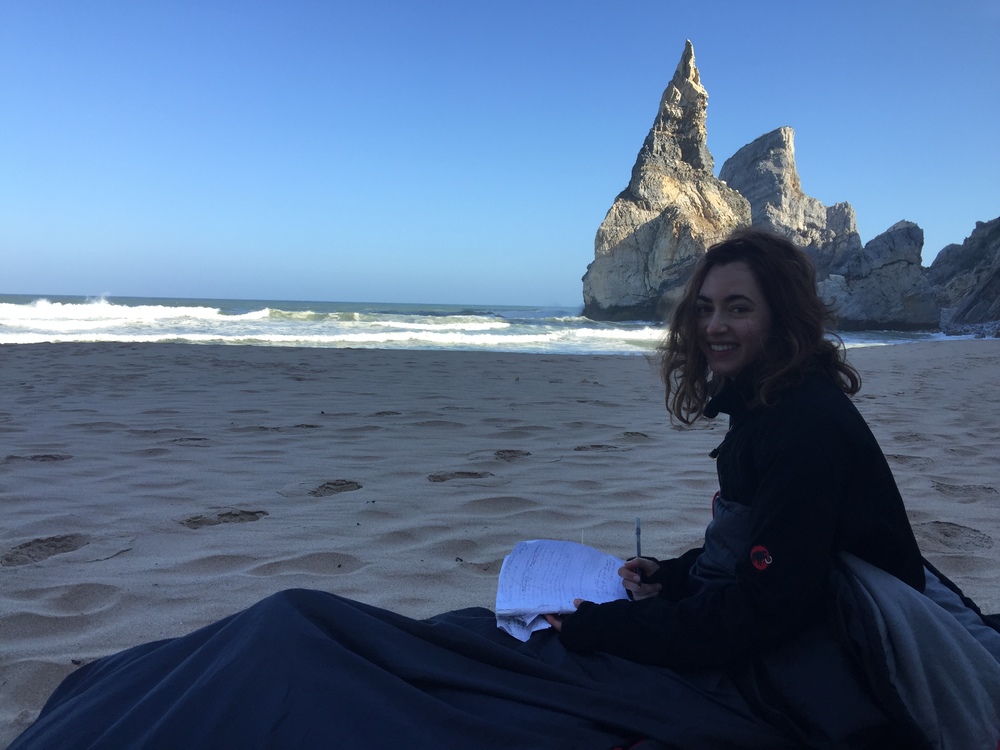
The four things are: making the apocryphal album, writing the next book (having just published the first), shutting down all the defunct interrogation programs in the world, and making a researcher-practitioner share economy sort of web platform.
The album will have to wait until I have better music-making infrastructure in place in my life—perhaps in Berlin in the fall? Did I mention I might move to Berlin? Or back to London? Or New Zealand?—but I can keep collecting song snippets in the meantime.
The book will have to happen now because I am always writing. The shutting down of the defunct interrogation programs will have to fit into the book as a result of the always-writing business. That works out well because doing the book tour(s) gives me a platform to work the social justice project in a crowdsourced sort of way. And the researcher-practitioner website is a longer-term project, because that is not a one-person project and I have to have my own job to do right now.
So the top four potential next book projects were hard to winnow down to one. They were:
– Wtf, World?! An artistic, scientific, and humanistic guide to the universe. An illustrated methods book applying chaos theory to social science methods in an unoriginal (Hayekian) critique of Popperian falsifiability that is somehow not usually taught. Also featuring stories about climate change from around the world, weather being a chaotic system like human societies. I started this project on my last blog, and it was my favorite child for a few months. Now I’m unsure who the audience is. An illustrated art-science methods book? Who does that?
– Too Big to Surveil: Tech, world peace, and chocolate. A translation of my dissertation and postdoctoral research and beyond for a popular audience. Also a constructive critique of the surveillance state and travel memoir. Sarah Vowell meets… Somebody much nerdier than Sarah Vowell.
– Interviews with Dead People. A historical, magical realist novel about soft power, derealization, and creativity—or, how art imitates life imitating art. Tim O’Brien meets Borges. Also started on last blog.
– Justice as Forgiveness. An illustrated poem, essay, and storybook about an unoriginal (Biblical, Stoic, Shakespearean) conception of justice that is orthogonal to all the most common justice processes practically—adversarial, inquisitorial, and restorative—and also to the most common justice theories philosophically—justice as fairness in the liberal tradition, procedural justice on the leading empirical edge, and others (e.g., Marxian and anarchist theories of justice as revolution). G.A. Cohen meets Randall Munroe. Also started on last blog.
While walking Portugal, I decided Too Big to Surveil would add the most value to the world most immediately. So that should be #1, and Justice as Forgiveness can be the #2 writing project I rotate to when I need to do a secondary thing since it’s more of a collage project and I am always doing more than one thing no matter how hard I try to focus.
But then a ridiculously beautiful little girl who saw me writing in a seaside café in Portugal asked me to write a children’s book instead. And so I fretted. What about the ten books in the planned Where the Wilde Thinks Are series of illustrated children’s books, of which I drafted two and got stuck on eight, and didn’t like the two I had drafted? And then I felt, and put my hand on my heart the better to feel it, and remembered Ceiling Ballerina and her story, too. What about her? What about the acting class—better embodied cognition, smaller motions with more feeling, closing more of the feedback loops between is and seems, and a long, social study of a Chekhov, Shakespeare, Ibsen, or Wilde? What about finding a way to teach early Platonic dialogues as art? What about Australia?
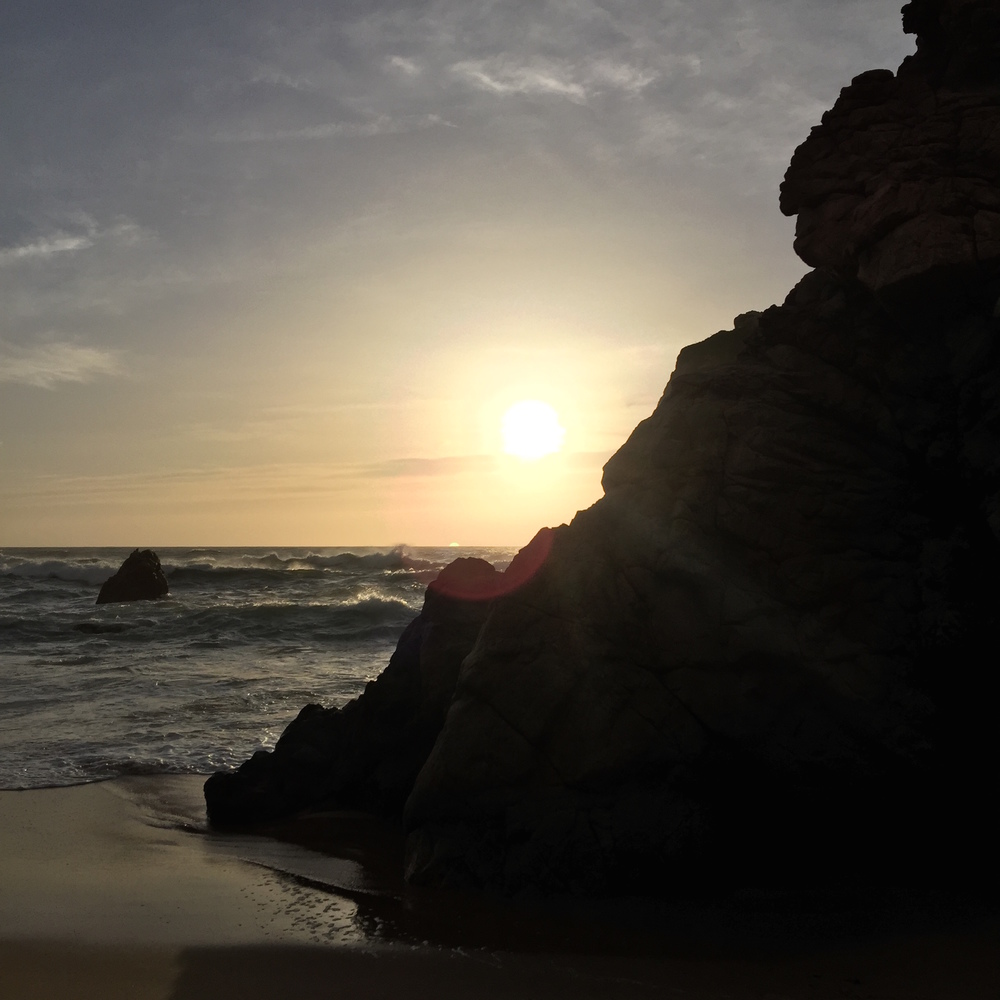
One. Thing. At. A. Time. First-next. For now. Too Big to Surveil. Book draft in 4-6 weeks. Goal. Set. Go! Well. Maybe after another walk.
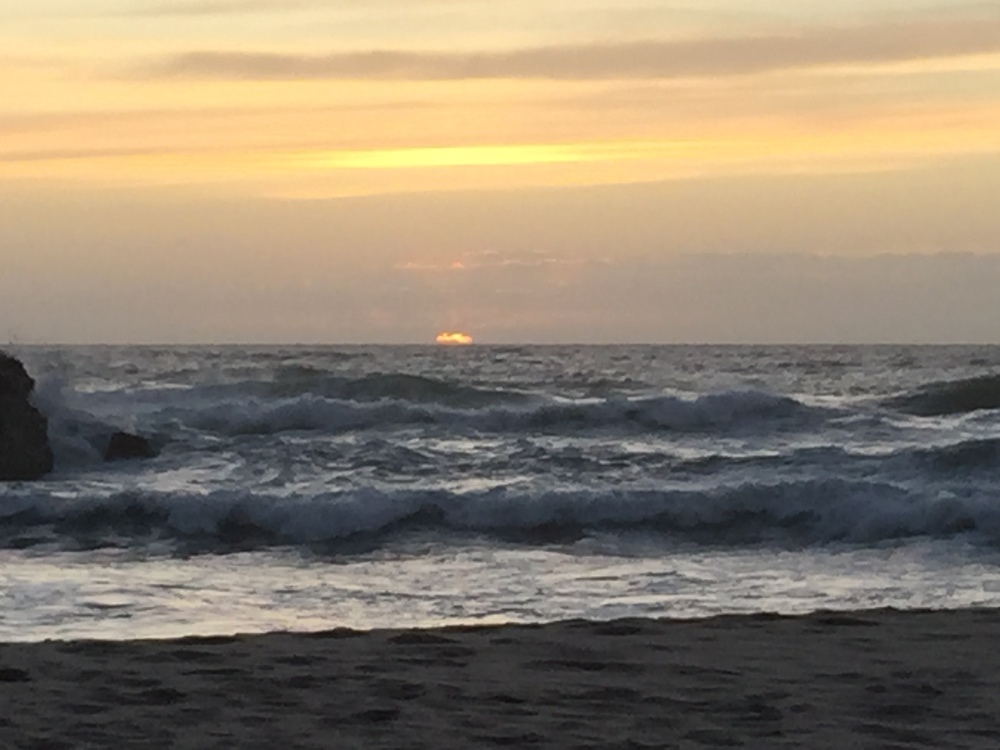
This brings me to the second announcement.
ISO Team of Heroes
Nerdy ones. Hard work, no pay, safe return doubtful.
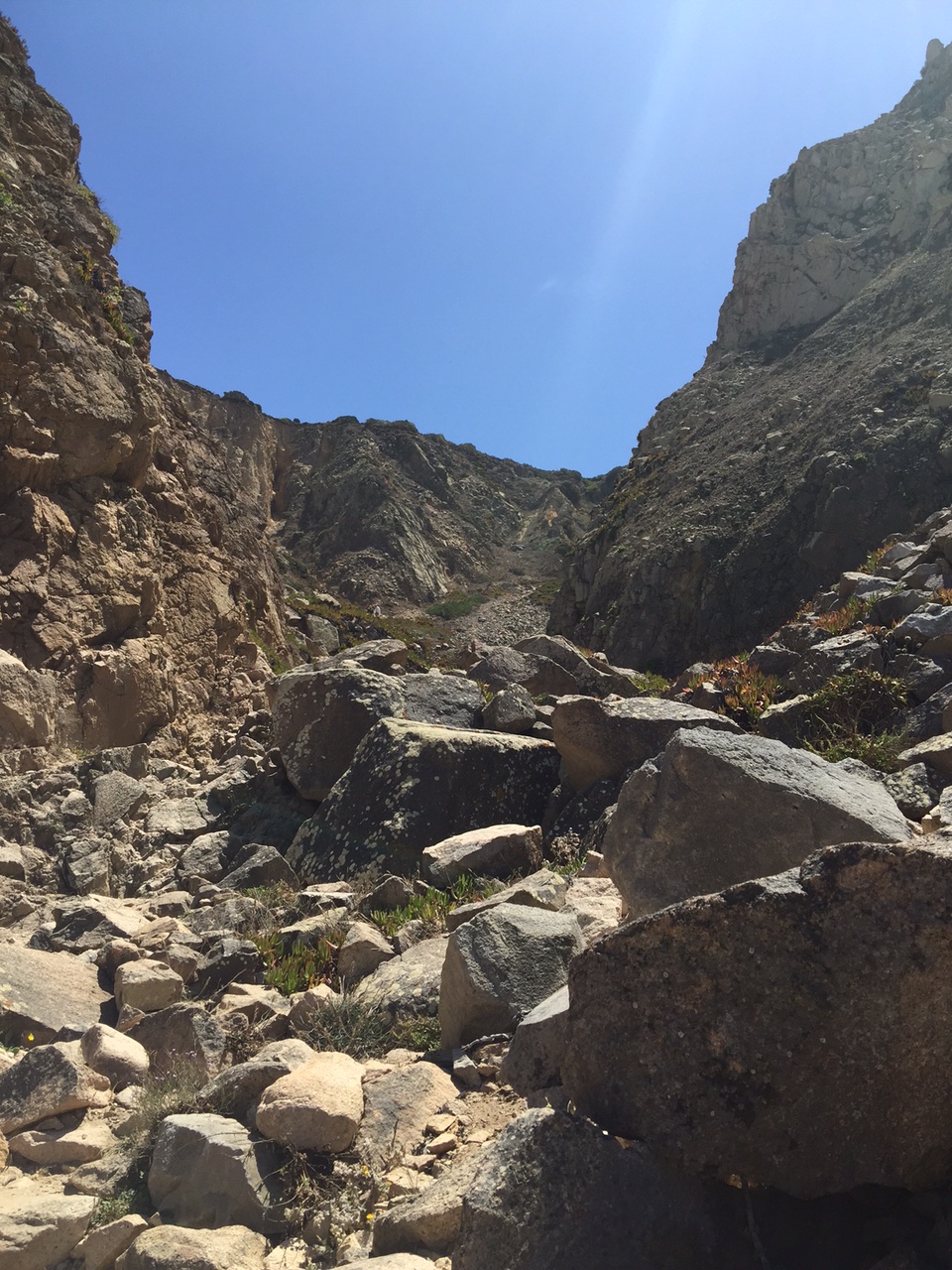
Let’s make a self-sustaining researcher-practitioner share-gift economy hybrid web platform. I will spend the rest of this blog post trying to say that again ten different ways in plain English, but in the meantime—reach out to me if you want to talk about this and maybe do this together, because it will be faster and more fun that way.
The share economy is stuff like TaskRabbit, Lyft, and AirBNB—relatively new businesses that work on an online, end-to-end user model. So they make money, as I understand them, by serving as middlemen between people who want something and people who have it to give, just like most any other business. But share economy businesses usually do that by connecting freelance workers with ordinary individuals who need something small and basic, like help waiting in line for a moving permit (TaskRabbit), getting to work without a car (Lyft), or finding a place to stay for a bit in a strange city (AirBNB).
Sometimes, the share economy overlaps with the gift economy. CouchSurfing, for instance, connects kind people who have a spare couch with decent vagabonds who need a place to crash—mostly when both sides are also looking for community, meaningful human connection, and to share an experience rather than simply exchange value (money) for value (good/service—here, lodging). In this case, the share economy will overlap with the gift economy as some practitioners (businesses, public service organizations) will want a particular problem solved on a particular timetable on a particular budget (which works on the share economy model)—while other practitioners will just want to invite community researchers to see how they work, to learn and help learn (gift economy model).
It’s important to set up a platform that works on share and gift economy models now, because somehow the share economy has not yet expanded to bring together the worlds of academia and business or public service. But it’s just a matter of time before someone figures out how to do this (or that this needs to be done). And it should be done in a way that promotes the public interest, which means including options for share and gift economy, and for directed and open-ended collaboration. So we should do it, to make sure it gets done that way. But I can’t do this by myself.
This is what I mean by directed and open-ended collaboration: sometimes you want to solve a problem, and sometimes you just want to learn more about what works. It’s important to set up a platform that facilitates both directed and open-ended collaboration. Because we often don’t know enough as researchers about tons of stuff to know how best help most practitioners make their best practices better. But sometimes busy practitioners just want a problem solved, and researchers can learn from that, too. So both sides can benefit from both types of collaboration that are better in different contexts.
Overall then, the platform works on a business and research model that varies on a 2×2 matrix of share/gift economy in monetary terms, and directed/open-ended collaboration in research methods terms.
Here are three examples of what I’m talking about.
1. Policing. Local and state law enforcement leadership often express frustration with limited resources and revolving-door problems, like criminalization of drug and mental health problems that are really medical and community support network rather than criminal justice issues per se. Meanwhile, leading criminal justice researchers often express frustration with the U.S. drug law regime as a new Jim Crow. Why not help law enforcement leadership and criminal justice researcher leadership work together to field test alternate models, to show that what works in Portugal—the medical model of drug treatment rather than criminalization—could work in the U.S.? We have a resurgent heroin epidemic on our hands. People are dying. More people are probably dying because we’re addressing the problem the wrong way. And law enforcement are just trying to enforce the laws we’ve given them to enforce. But they are also always making discretionary choices in how they allocate limited resources to enforce interpretive and thus in some respects unlimited laws. So maybe they could use more help—not more criticism—in learning and helping others learn how best we can work together to protect and serve our communities. Maybe research partnerships can help them use their street-level discretionary power in ways that build evidence for better public policy.
2. Education. A lot of educators I know have expressed frustration with public administrative demands for evidence-based educational outcome improvement that measures improvement through standardized testing. There have to be better ways to apply Carol Dweck’s evidence-based growth mindset research on pedagogy that both meet public servants’ need for objective improvement metrics—for democratic accountability in the street-level application of policy-level innovations—and that meet expert educators’ need for discretionary power, creativity, and adaptability in doing their jobs.
3. Art and health. There is not enough arts funding for all the truth and beauty explosions we could all be making all the time. But in part that is because people don’t know about the empirical benefits of making it. For example, Pennebaker’s research suggests expressive writing has significant physical and mental health benefits. Maybe if a bunch of researchers worked with a bunch of practitioners to generate more of that evidence, we could get better arts funding and health outcomes alike.
All of this is basically just a search for a way to practically extend Carol Dweck’s research on mindsets to the way researchers and practitioners work together. Dweck’s research shows the “learn and help learn,” growth mindset correlates with better outcomes across professional, educational, and personal contexts, as compared with the “judge and be judged,” fixed mindset.
I am always thinking about this research because it applies to everything. And I am really bad at applying it. But getting better. And the getting better is all that matters. And that is the growth mindset.
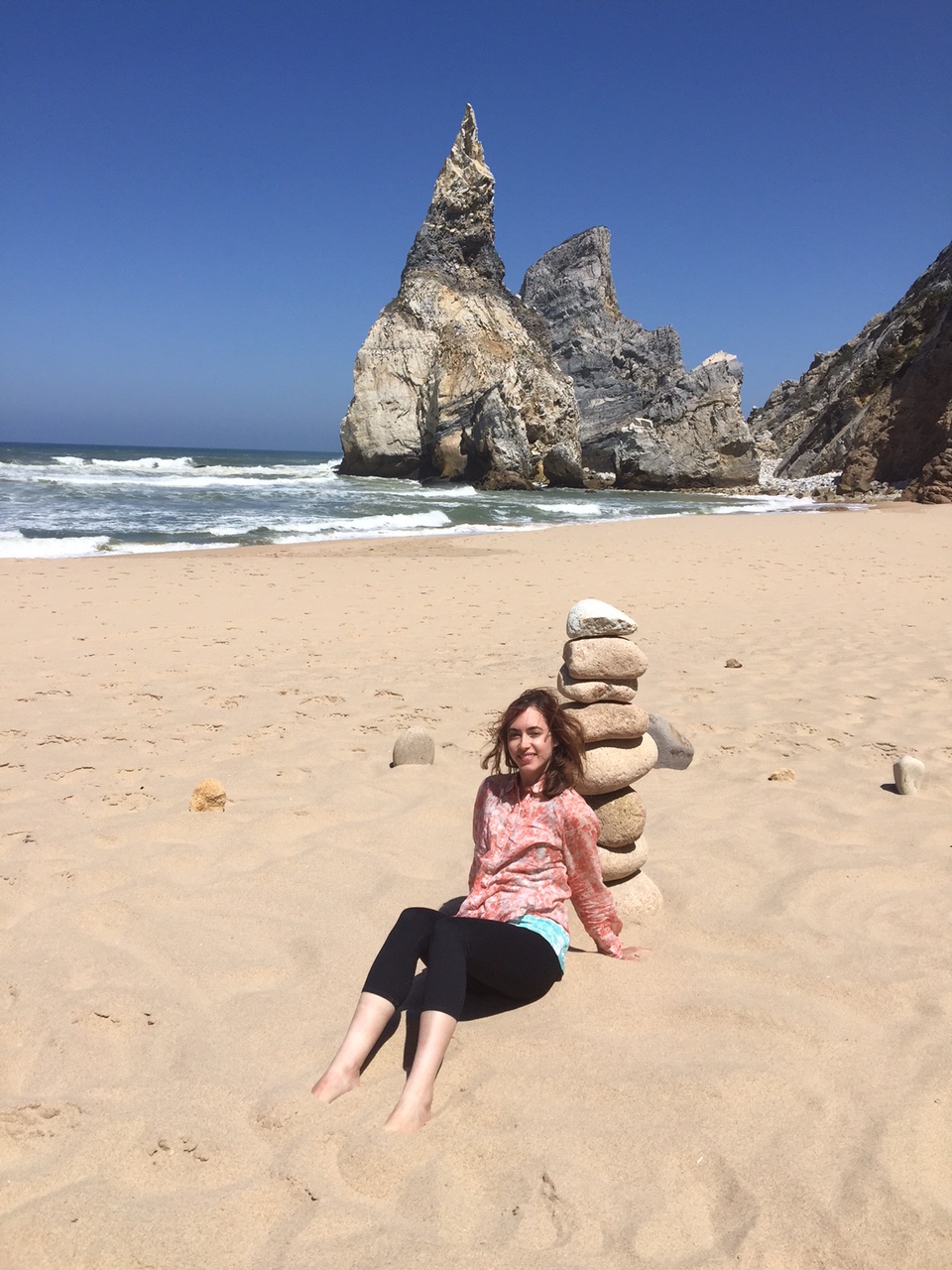
Researchers can be better about making constructive recommendations for how practitioners can make their best practices better. Everybody wins. And that is the growth mindset applied to research.
